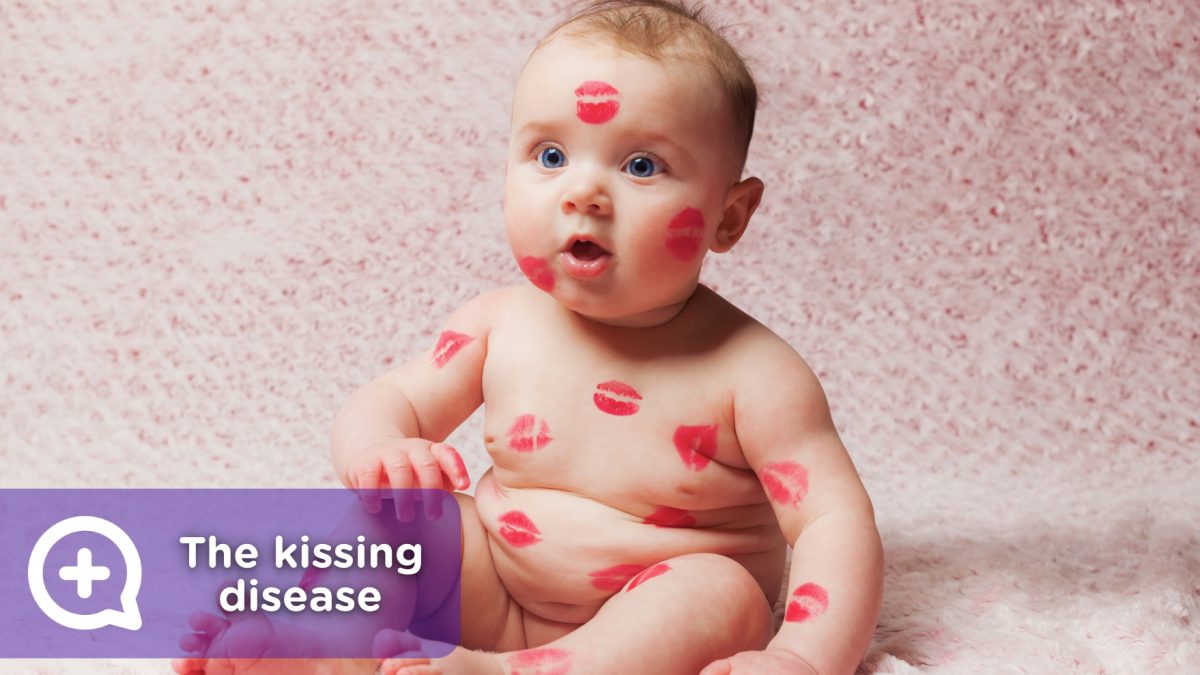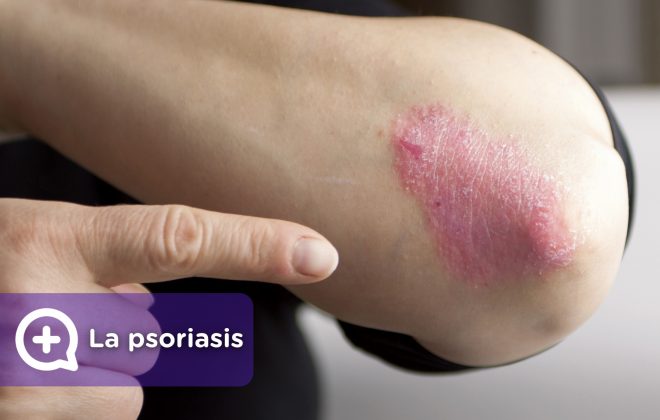It is called the “kissing disease”, but it is nothing romantic. It gives you a fever, pain, lack of energy and inflammation, but it is not exactly because of its relationship with love (or lack of love). Mononucleosis, as it is medically known, is an infection that is spread mainly through the saliva. For example, by a kiss, hence it’s popular name.
It is caused by several viruses. One of them is Epstein Barr, one of the most common to infect the human body (it is estimated that more than 90% of the population of developed countries gets the virus before age 20). Mononucleosis is a disease that mainly affects children, adolescents and young adults and is not serious.
The majority of cases occur between 12 and 18 years of age and the timing is not casual: it is the time of sexual awakening, kisses and caresses. Saliva is the most frequent contagious fluid; although, blood and semen can also be contagious.
Children up to five years old are also at risk of contracting it, as they are likely to suck on everything at their fingertips. In most cases, though, mononucleosis is camouflaged in a febrile condition.
This disease has an incubation period of 5 to 7 weeks, and fortunately, it is not as contagious as other infections, but the virus can be contracted simply by drinking out of the same glass as someone.
Symptoms can occur slowly and not all at the same time. The most frequent are:
- Exhaustion
- Sore throat
- Fever
- Swollen lymph nodes in the neck and armpits
- Inflamed tonsils
- Inflamed spleen
- Headache and sore body
- Rash. In the case of being treated with antibiotics
Fever and pain may decrease over time, but fatigue and inflammation of the lymph nodes and spleen may last for a few more weeks.
If the doctor tells you that you have inflammation of the spleen or liver, which are less common symptoms, you should avoid exercise or doing something with a lot of effort since these can cause a rupture of those organs.
How do I know if I have mononucleosis?
In addition to recognizing the symptoms, it is necessary to do a blood test to determine if you have an increased lymphocyte count (a type of white blood cell) and if they look normal or have a larger size. You also have to verify that the number of platelets is normal and if the liver is working well. Additionally, an ultrasound can see if the liver or spleen are inflamed.
Treatment
If you have mononucleosis, you should not take antiviral drugs because they have no effect. Doctors recommend rest, a healthy diet, and drinking plenty of water. Do not drink alcohol, coffee or sugary or fatty foods. You can take an antipyretic if you have a very high fever.
Prevention
It is not very effective since you have to be very careful. There is no vaccine that protects against mononucleosis, but you can take some measures to avoid infection.
- Maintain good hygiene; wash your hands frequently.
- Do not share drinks, food or personal items such as toothbrushes.
- Additionally, if you know that someone has mononucleosis, avoid kissing them.
*Content validated by the mediQuo medical team.



